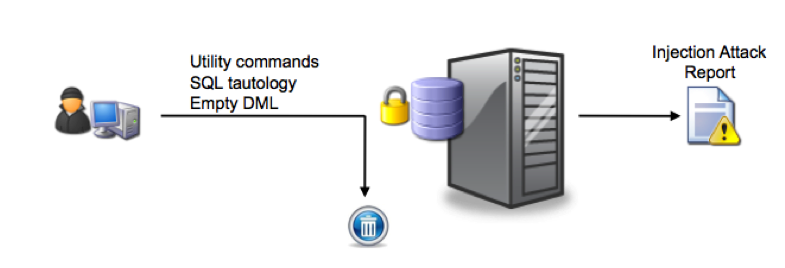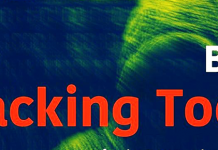You may think, who is going to hack my site? Ironically, your site is always prone for hacking no matter whether the data there is important or not. The hackers can use it as a temporary file server for storing illegal files or use it as email spams. More alarming, they can introduce malware to your site too. This is important to find how hackers can hack websites. Find the ways how they do it, so you can take steps to safeguard your site.
Ways to website hacking
Injection Attacks-
A smart opponent always hit on the vulnerable spots. The hackers too find flaws with your SQL (Structured Query Language) database, SQL Libraries, or OS. You can unknowingly fall prey by opening injected file. The hackers can hack it by hidden INJECTED commands. They can access detail of your credit card numbers, social security number, other personal & financial data easily.

DDoS way-
Distributed Denial of Services (DDoS) is when a server or device is suddenly inaccessible to the user. When the system goes offline the hacker molds or hacks the website for some definite website function, as per their needs.
Attack on remote code execution-
This is a vulnerability at server end or security lapse on website. The hacker’s target includes site’s framework, libraries, unmonitored server’s remote directories, software modules etc. With data gained, the hacker can access any website with full permission.
Forged attack-
Cross site request forgery attacks happen when a user is logged in and hacker send in forged HTTP request for collecting cookie information. HTTP is foundation to communicate with world wide web (www). The cookie remains on site and hacker stays logged in. Once there, the attacker can do anything. This is the reason websites ask to logout after session is over.
Clickjacking-
A UI redress attack carried out when the hacker uses multiple opaque layers such as stylesheets, iFrames, and text boxes. The attacker can easily fool you to use the page he wants. For example, you are entering password for bank account but you are doing it for certain page of the hacker.

Way to secure your website
SQL injection attack can be avoided by using parameterized queries that can be instigated in system as this feature is there in most web languages.
The cross-site forgery attack is the reason of infusion of malicious JavaScript to your website. Ensure that security tool CSP in your system is there. That will ensure JavaScript from any other source other than your domain is denied access or visibility.

Error messages- Be careful how much information you want to impart in the error message. Give only the minimum possible information, lest that could be used against your site by hackers.
Passwords- The passwords should be strong, stored in cryptic values, and salted (laced with random data). Do not keep the same password for long. This way you can safeguard your website.
Secure safeguard options- You must check and ensure the firewall setup is always active and blocking all non-important ports.





























